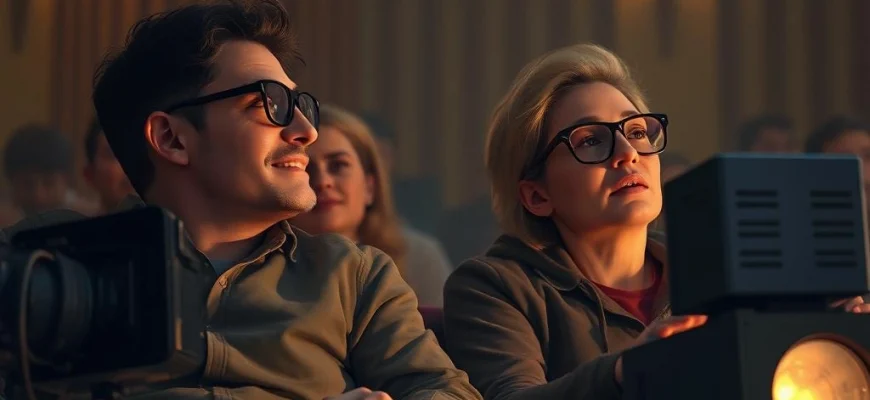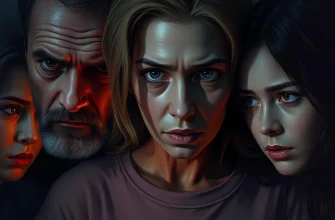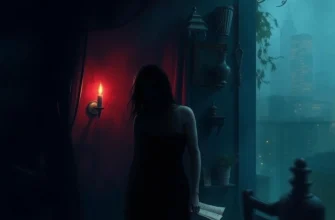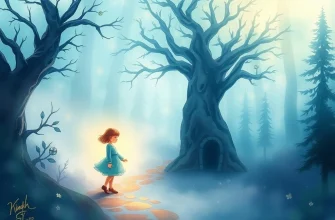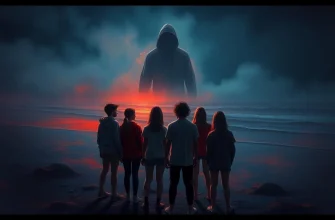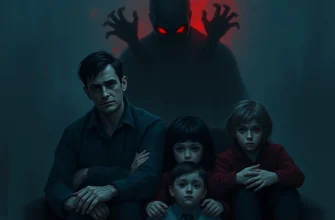Ben je fan van de klassieke film 'El Rocho – der Töter' uit 1966 en op zoek naar vergelijkbare films of series? In dit artikel ontdek je 10 titels die dezelfde sfeer, thema's of stijl delen. Of je nu houdt van het tijdperk, de verhaallijn of de cinematografie, deze selectie biedt iets voor elke liefhebber van 'El Rocho – der Töter'.

A Fistful of Dollars (1964)
Beschreibung: A gritty, low-budget western that redefined the genre with its antihero protagonist, stark visuals, and morally complex storytelling. The film's use of close-ups and silence creates a tense, immersive experience.
Fakt: This film was an unofficial remake of Akira Kurosawa's 'Yojimbo.' It launched the 'Dollars Trilogy' and popularized the spaghetti western genre.
 Jetzt ansehen
Jetzt ansehen

The Good, the Bad and the Ugly (1966)
Beschreibung: A classic spaghetti western with a focus on morally ambiguous characters, intense standoffs, and a gritty portrayal of the Wild West. The film's visual style and use of silence to build tension are notable.
Fakt: The film's iconic score by Ennio Morricone is one of the most recognizable in cinema history. It was the third and final installment in the 'Dollars Trilogy.'
 Jetzt ansehen
Jetzt ansehen
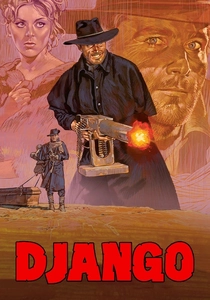
Django (1966)
Beschreibung: A violent and stylized western with a lone protagonist seeking revenge. The film's dark tone, brutal action sequences, and iconic imagery make it a standout in the genre.
Fakt: The film was banned in several countries due to its extreme violence. It inspired numerous unofficial sequels and homages, including Quentin Tarantino's 'Django Unchained.'
 Jetzt ansehen
Jetzt ansehen

Day of Anger (1967)
Beschreibung: A character-driven western that explores themes of mentorship, betrayal, and revenge. The film's dynamic between the young protagonist and the older gunslinger is central to its narrative.
Fakt: The film features one of Lee Van Cleef's most memorable performances. Its title theme became a popular piece of music in Italy.
 Jetzt ansehen
Jetzt ansehen

Kill Them All and Come Back Alone (1968)
Beschreibung: A war-themed western with a focus on a group of mercenaries on a dangerous mission. The film's blend of action, strategy, and betrayal makes it a unique entry in the genre.
Fakt: The film was one of the few spaghetti westerns to incorporate elements of the heist genre. Its title was inspired by a popular phrase at the time.
 Jetzt ansehen
Jetzt ansehen

The Great Silence (1968)
Beschreibung: A bleak and snowy western that subverts traditional genre tropes. The film's somber tone, existential themes, and tragic ending set it apart from more conventional westerns.
Fakt: The film was shot in the Italian Alps, giving it a unique visual style compared to other westerns. It was originally released with two different endings depending on the region.
 Jetzt ansehen
Jetzt ansehen

Once Upon a Time in the West (1968)
Beschreibung: Epic in scope, this film features a slow-burning narrative, stunning cinematography, and a focus on the changing landscape of the West. The use of long takes and minimal dialogue enhances its atmospheric tension.
Fakt: The film was initially a commercial failure but later gained a cult following and is now considered a masterpiece. The opening sequence is one of the most analyzed in film history.
 Jetzt ansehen
Jetzt ansehen

Death Rides a Horse (1967)
Beschreibung: A revenge tale with a dual narrative structure, following both a young man and an older gunslinger. The film's use of flashbacks and its relentless pace contribute to its intensity.
Fakt: The film's score was composed by Ennio Morricone. It was later referenced in Quentin Tarantino's 'Kill Bill.'
 Jetzt ansehen
Jetzt ansehen

Ace High (1968)
Beschreibung: A comedic yet action-packed western with a focus on camaraderie and heists. The film's lighter tone and ensemble cast provide a contrast to more serious entries in the genre.
Fakt: The film was a sequel to 'The Five Man Army' and featured many of the same actors. It was one of the few spaghetti westerns to incorporate humor prominently.
 Jetzt ansehen
Jetzt ansehen

For a Few Dollars More (1965)
Beschreibung: A tense and stylish western with a focus on bounty hunters and their deadly game of cat and mouse. The film's use of music, close-ups, and slow builds to violence are hallmarks of its director's style.
Fakt: The film was the second installment in the 'Dollars Trilogy.' Its pocket watch melody is one of the most iconic musical motifs in western cinema.
 30 Tage kostenlos
30 Tage kostenlos

